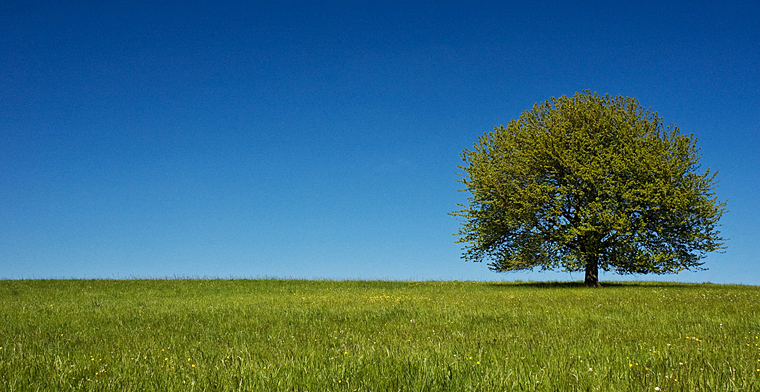
Go ahead and take a breath, dear one,
The earth is generous.
Besides,
You will give it back, soon.
Breathing is so constant and continuous that it’s easy to forget about it. In fact, if we could not forget about it, life as we know it would be nearly impossible. Regulated by the autonomous nervous system, breathing is involuntary, and requires no forethought or active mental management; the internal chemical messengers of our bodies and brain stem do not require the assistance of conceptual mind.
At an average of 10 breaths per minute, each of us completes over 14,000 breaths each day, five million plus each year. Rarely do we notice them, except when some form of physical exertion stimulates heavy or rapid breathing, or if our breathing is obstructed by asthma or a debilitative lung disease. Some breaths are short and others long. Some deep, some shallow. This is all quite automatic.
There are, of course, activities in which attention to the breath is intentional – blowing out a candle, for instance, or clearing the lungs of some obstruction by coughing. And there are meditation techniques that use close attention to the breath as a way to focus the mind and induce a state of equipoise.
We are joined in breathing air by every other land-living animal, all of which employ one method or another of bringing life-giving oxygen to our cells. Not all animals have lungs, of course, like insects, but once an animal reaches a particular size its life process requires lungs and breathing. If breathing stops, life stops. The simplicity of this situation seems so obvious that one might wonder why it’s worth writing about.
Well here it is: Sometimes I wonder – is it I who breathes the world, or the world that breathes me? While simply stated, this is actually an impossible question to answer. I cannot suspend my breathing voluntarily for very long. I can hold my breath, but at some point I must breathe again.
Breathing is an absolute imperative, inseparable from life itself and nearly simultaneous with birth. I do have some control over breathing, but it’s limited and prescribed by a predetermined set of instructions that are hard-wired into my brain and body. I am at the mercy of the world, thrust out of the womb and forced to breathe and breathe again for the rest of my natural life.
Sometimes I purposefully set aside some time and imagine each breath I take is the exhalation of the world entering me, and that my exhalation is drawn out of me by the world’s inhalation. In surrendering my sense of agency, this inverted symmetry carries with it sensations of both liberation and connection; liberation from the persistent illusion of being the sole and independent agent of my life, and a deepening of my connection with the phenomenal world outside myself.
As the ocean laps Earth’s shores, and has for untold millions of years – rushing in and drawing out, giving and receiving – so too has the airy world animated its moving breath through living things. In the hurriedness of life, we sometimes forget that we are inseparable from something very large, very old and continuous. Breath reminds us.